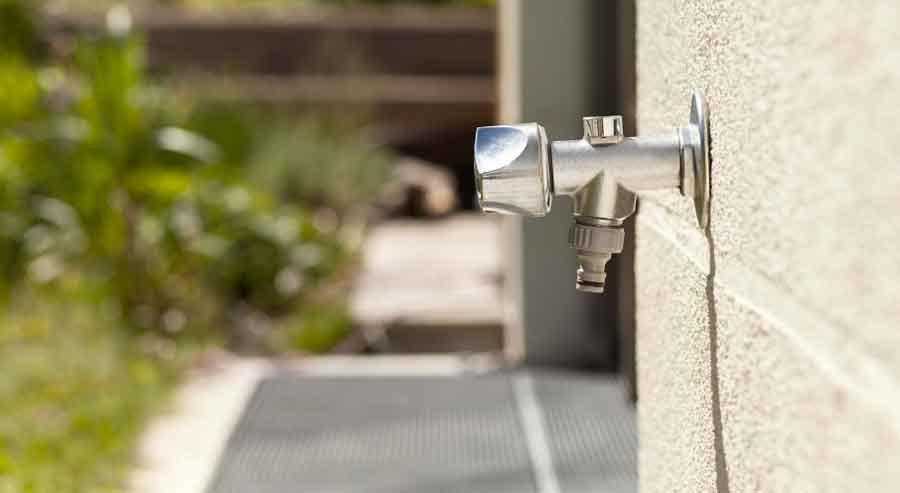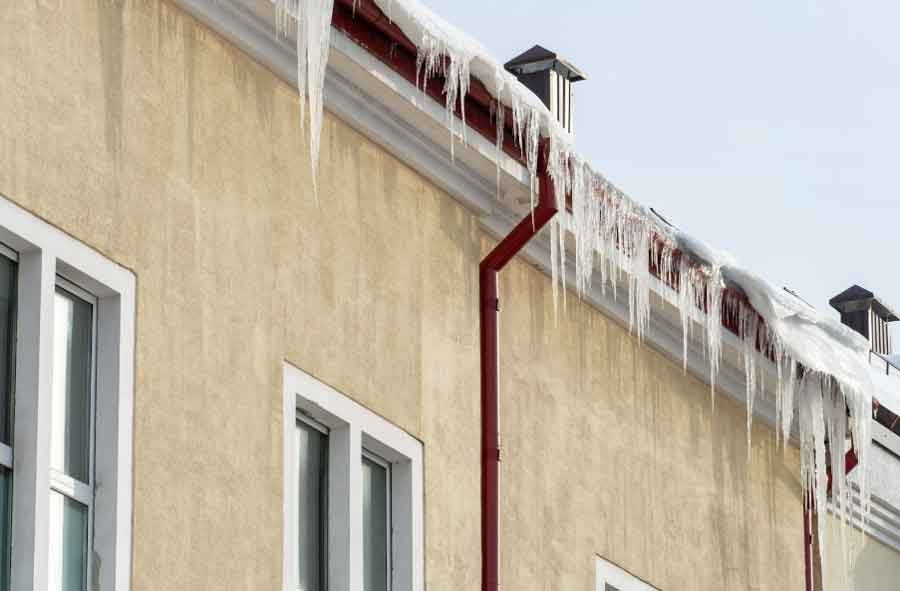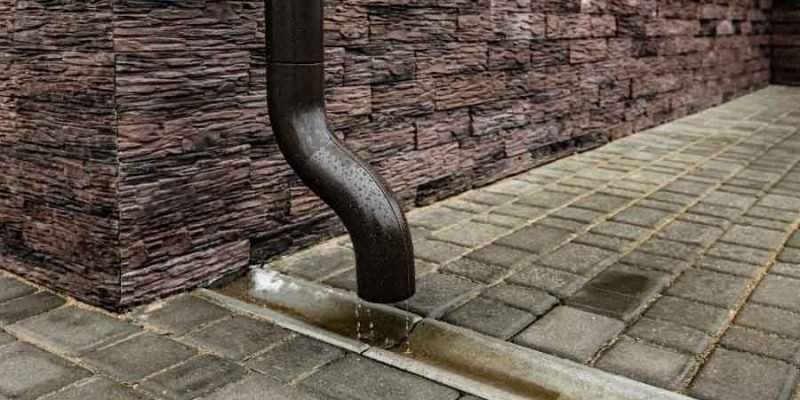As much as we hate to admit it and others say that it doesn’t exist, global warming has become one of the highest concerns of everyone on the planet. Storms are becoming stronger, flooding is becoming more frequent, summer heat and droughts are getting a lot more intense, and winter storms are becoming more and more destructive as the years go by; all of these affect every one of us. Not just that, they also pose a huge threat to our homes, and the one part that gets hit by all of these the hardest and the one we should take an active role in protecting is our plumbing system.
The plumbing system in our homes can be compared to the circulatory system in our bodies, with the pipes acting as the veins and arteries, transporting vital fluids to every corner of our homes and making them run as smoothly as possible. If any of these pipes in the system get compromised by outside forces or factors, the entire system can be contaminated and collapse. So it is important that we can keep these vital parts of our home safe and well protected from the forces of nature.
But how, though? How can we effectively shield them from the blazing heat of the summer sun and the biting cold of the winter breeze? You’re in luck because we have some tips from teams of professional plumbers to help keep your pipes all nice and protected from summer droughts and winter’s icy bites.
Summer Droughts

We all know the harsh effects of the summer sun when outside. Sunburns and other skin problems aside, pipes also have a hard time during these scorching seasons, which can lead to unforeseen problems in the future. Here are some ways from the professional plumbers in Belmore who have generously given us some time to create this list to help you prevent your pipes from overheating and breaking down.
Careful Inspections
At least once every month, check up on those pipes and see if there are any small pools of water near the joints of the pipes or along the entire body. If so, then there are leaks in them. These leaks are an early detection sign to get your pipes checked out by a professional plumber, and ideally in the next few days since some other major complication can cause them, which you don’t see yet. And if it’s just as small of a problem as a bit of weathering and deteriorating of the joints of the pipes, then you have just saved yourself a fortune in the long run since those little drops can translate to hundreds of additional dollars in water fees every year.
Also, check for any signs of corrosion or pipe erosion. They are very common to happen in the summer heat, especially with all the humidity inside the pipes, making them a perfect place for rust to manifest and can cause your whole water supply to be contaminated.
Insulation is Your Friend
The intense heat bearing down on your pipes can cause them to expand exponentially. This means that there won’t be as much pressure in the pipes to keep the water flowing constantly, thus making it stagnant, which can be the perfect breeding ground for pests and parasites, or worse, it can lead to mold growing inside the damn and moist environment of the pipe. A simple trick to prevent this is to put an insulated cover over the exposed pipes to prevent any expansion.
Winter Frosts

As much as we all like to get comfortable in our couches or beds with a nice hot mug of chocolate when the weather outside starts to turn cold and icy, winter can be brutal to the pipes you have in your home. The great professional plumbers in Belrose gave us these tips to help keep the blistering cold out of your pipes during the dead of winter.
Do Some General Assessment
Like with everything in life, you should always start with a quick assessment. By assessing your pipes and knowing their age and general shape, you can assess how well they’ll hold up when faced with the intense cold and if they will break on you.
Heat Management
Carefully use your water heater to help heat the pipes around your home by having hot water flow through them. This can help melt pipes that might have developed frost or ice that has formed around them. If you don’t have a water heater, you can open cabinet doors with pipes running past them and let the hot air from your home into them to help warm the pipes up.
Drain Those Pipes
If you don’t have any way to warm up your pipes, then consider draining your pipes to help prevent them from bursting on you. Close off the main water valve and let your faucets run until the water runs dry.
Insulation Is Key
Just like in summer, insulation can help prevent the formation of frost and ice on your pipes, thus preventing any problems coming from them during the winter.
Conclusion
During natural disasters, it is common to forget how they affect the pipes that run through our houses. The best way to protect those pipes from those natural forces is to be prepared for anything and everything. And if you don’t think you can properly prepare the pipes yourself, then call your local professional plumbers, who will be more than happy to help you in any way they can.














Comments